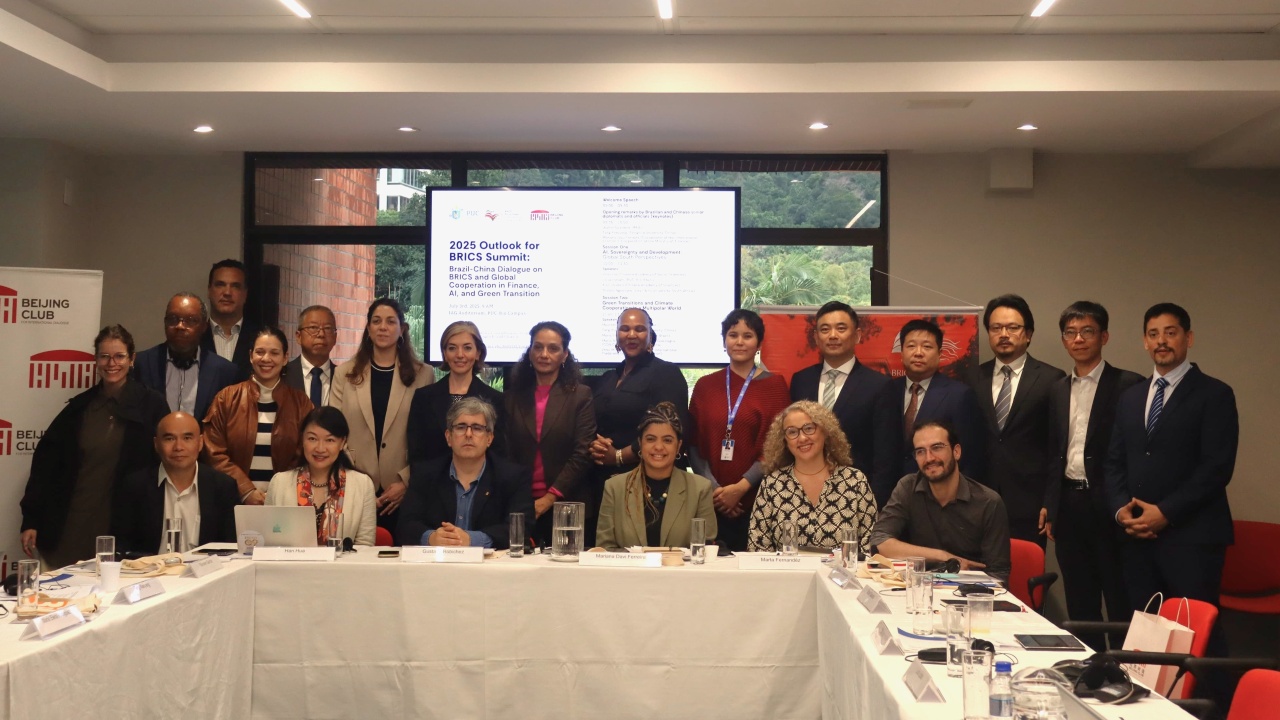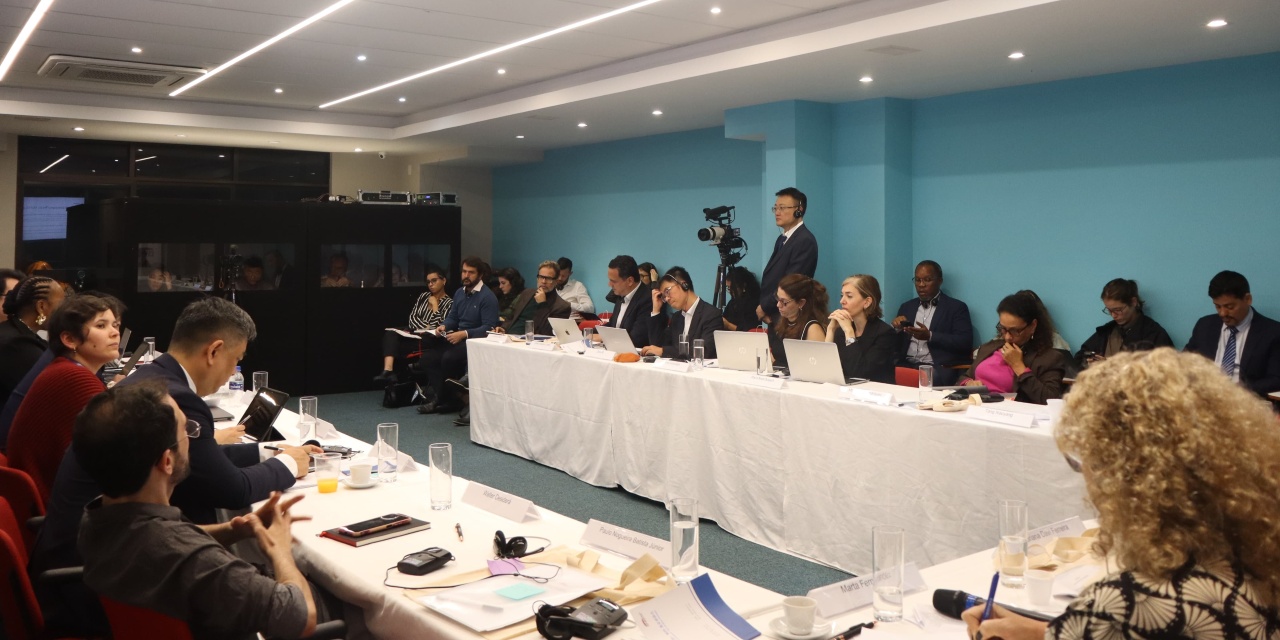Brazilian and Chinese Researchers Discuss Cooperation and Ethical Boundaries in AI
At a gathering held at PUC-Rio, experts reaffirmed the close relationship between the two countries and the role of emerging economies in advancing technological innovation. Cooperation and inclusive development were highlighted as essential tools to make BRICS a more representative and responsive bloc

Researchers from Brasil and China called for deeper scientific collaboration between the two countries and greater engagement on issues related to artificial intelligence. The event, titled Brasil–China Dialogue, was held on Thursday, July 3, at the BRICS Policy Center—a think tank at PUC-Rio focused on emerging economies—in partnership with the Beijing Club for International Dialogue.
According to participants, artificial intelligence is not limited to digital innovation. From smart agriculture solutions to large-scale data analysis in companies, pattern recognition, and scientific research applications, AI is becoming an increasingly important and strategic asset for nations. On social platforms, chatbots and generative AI models capable of creating images are becoming more widespread. But the challenge facing countries worldwide is how to calibrate such rapid advances against ethical standards.
At global forums such as the G7 (which brings together the world’s seven largest economies), the G20 (which includes the 19 largest economies, the European Union, and the African Union), and various United Nations conferences, discussions are underway to ensure the ethical integration of artificial intelligence. While the issue is not a new one, it has taken on greater urgency in debates around the governance of AI. The topic is also on the agenda of the upcoming BRICS Summit, which will take place on July 6 and 7 in Rio de Janeiro.
Pushing the Global South Forward
During the event at PUC-Rio, researchers underscored the need for countries in the Global South to act swiftly on AI to avoid falling behind. According to Professor Maria Helena Rodríguez, who spoke at the event, these advances must focus on harnessing the benefits of AI to improve people’s everyday lives.
AI governance, in essence, involves creating policy frameworks and mechanisms to ensure ethical and responsible development. While there is broad consensus on the need to regulate artificial intelligence, the form such regulation should take remains under debate. The need for cooperation—reaffirmed by researchers at the meeting—underscores the importance of a tech alliance tailored to the needs of developing nations, one that seeks to reduce AI-driven discrimination and strengthen cultural diversity in technological development.

Zhao Hai, Director of the International Policy Program at the National Institute for Global Strategy (Chinese Academy of Social Sciences), endorsed deeper collaboration on AI and emphasized that cooperation in this field is crucial for countries in the Global South. The possibility of establishing joint training centers—a sort of talent hub for sharing best practices—was also discussed as part of the Brasil–China dialogue.
The broader goal is to develop AI models grounded in parameters that reflect global diversity. Researchers at the BRICS Policy Center emphasized the importance of advancing this conversation among emerging countries. BRICS currently includes eleven member states—Brasil, South Africa, Saudi Arabia, China, Egypt, the United Arab Emirates, Ethiopia, India, Indonesia, Iran, and Russia—alongside a number of partner and observer countries.
*Por Everton Victor. Conteúdo originalmente publicado na Agência de Notícias Científicas da Uerj (Agenc).
🎙️ Confira a reportagem produzida por estudantes de jornalismo e publicada originalmente pela Agência de Notícias Científicas da Uerj (Agenc), em mais uma parceria de conteúdos da Comunicação do BRICS: https://brics.br/pt-br/noticias/pesquisadores-do-brasil-e-china-discutem-cooperacao-e-limites-eticos-para-uso-de-ia
English version: Tadeu Azevedo (POET/UFC)
Proofreading: Michel Emmanuel Félix François